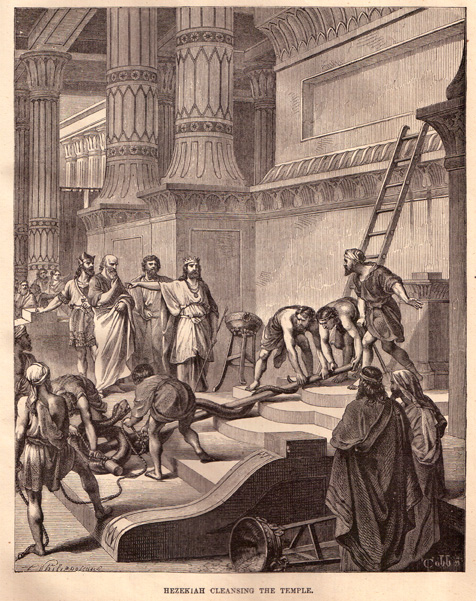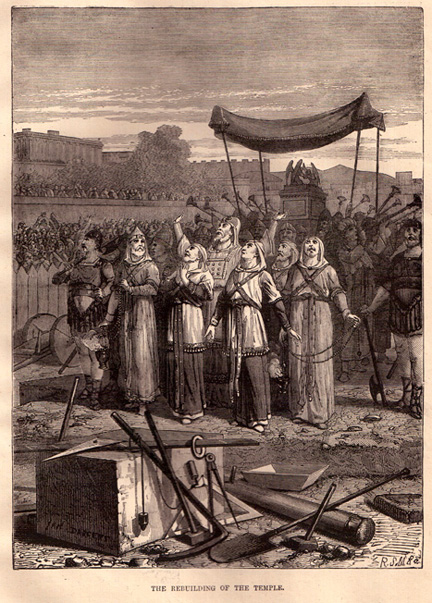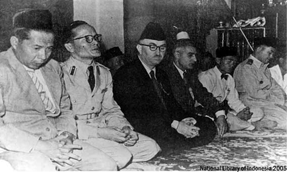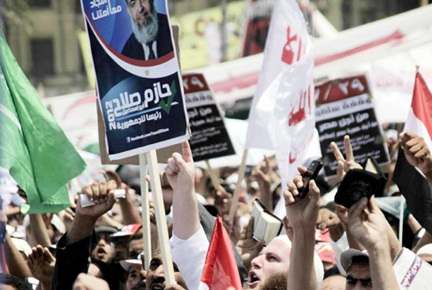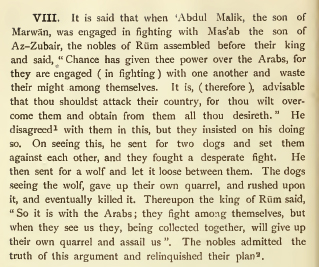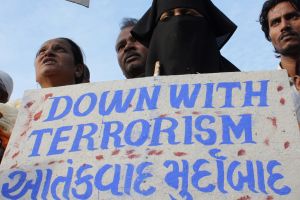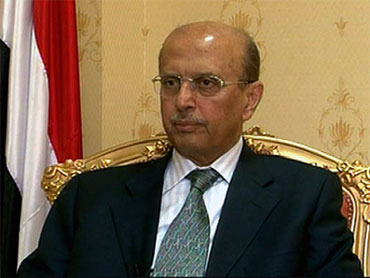
Asharq Al-Awsat talks to Yemeni Foreign Minister Abu-Bakr al-Qirbi
By Mohammed Jumaih, Asharq Al-Awsat, July 31, 2011
London, Asharq Al-Awsat-
During the visit by Yemeni Foreign Minister Abu-Bakr al-Qirbi to the British capital, London, Asharq Al-Awsat met him and interviewed him on the latest developments on the Yemeni scene. Al-Qirbi spoke about the regional and international roles in helping to resolve the Yemeni crisis. Al-Qirbi spoke about the efforts of the vice president and his discussions with the UN secretary general’s envoy in this regard. Al-Qirbi pointed out that the Gulf Initiative is the appropriate grounding for the solution while taking into consideration the views of the United Nations. Al-Qirbi stressed that if matters proceed in the right direction then they are heading toward announcing early elections in the country. Al-Qirbi spoke about the Al-Qaeda file in Yemen and other issues during this meeting.
Following is the text of the interview:
[Asharq Al-Awsat] First, what is the nature of your visit to the United Kingdom?
[Al-Qirbi] As you know, many British, German and American envoys visited us in Yemen and there is communication with European and Gulf decision-makers. We in Yemen prefer that meetings be held at the highest levels with the officials in these countries in order to explain the picture in a more detailed way and to discuss views that are close to reality regarding the Yemeni issue.
As a journalist you know that what is written about Yemen has been exaggerated to the point an expert analyst finds it difficult to follow, let alone a minister who is busy with other matters. Above all, the decision-makers in these countries are receiving a kind of simplified synopsis that does not reflect the picture fully and accurately. This is why we in Yemen want to hold such meetings with brotherly and friendly officials so we can portray a clear picture of the true situation in Yemen in a balanced way despite what is being said in the media which often lack accuracy and objectivity.
[Asharq Al-Awsat] What is the nature of the European and American role toward what is witnessed on the Yemeni scene today in terms of popular movements, which the opposition calls a revolution and you call a political crisis? Continue reading Interview with Abu Bakr al-Qirbi
